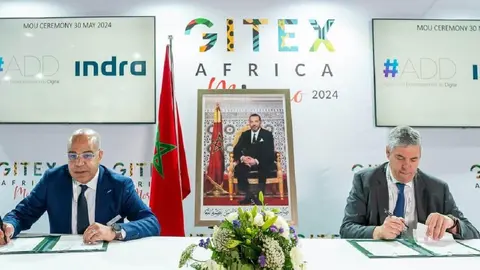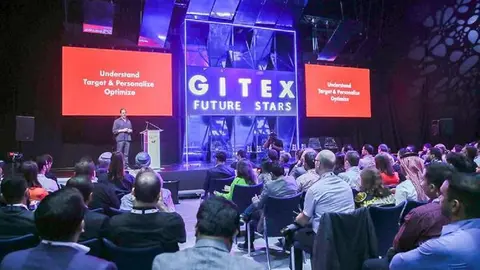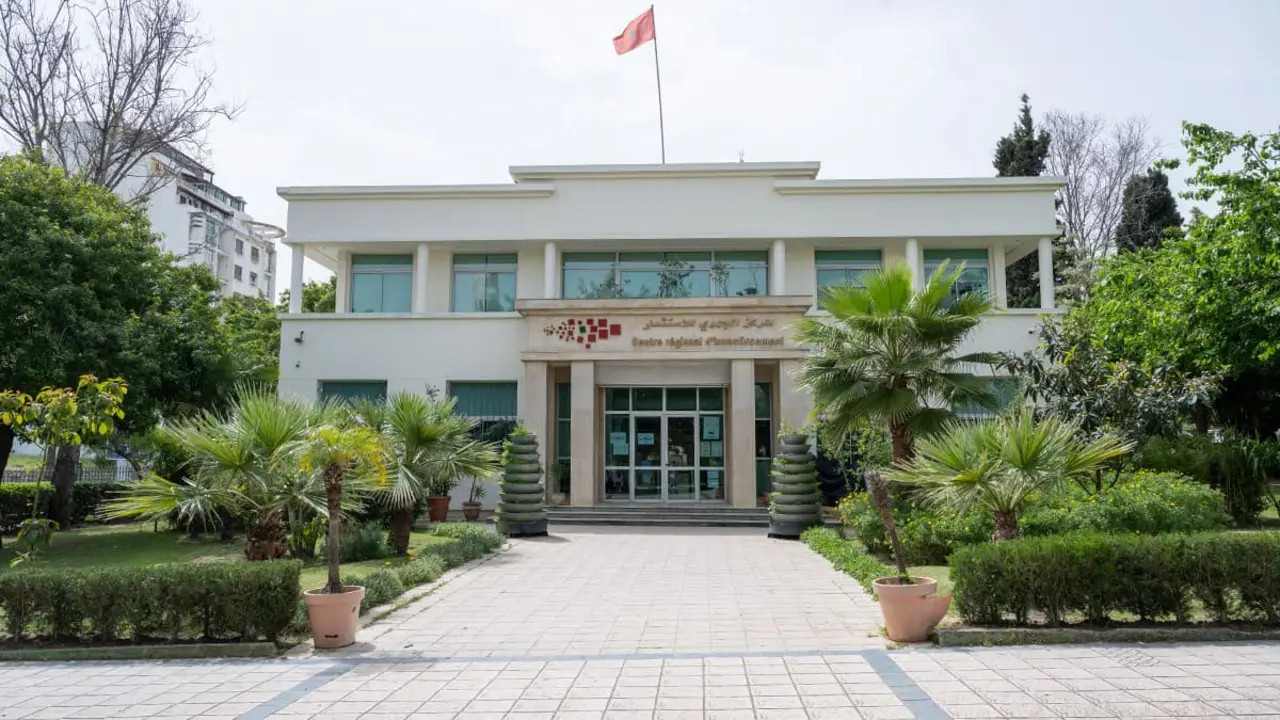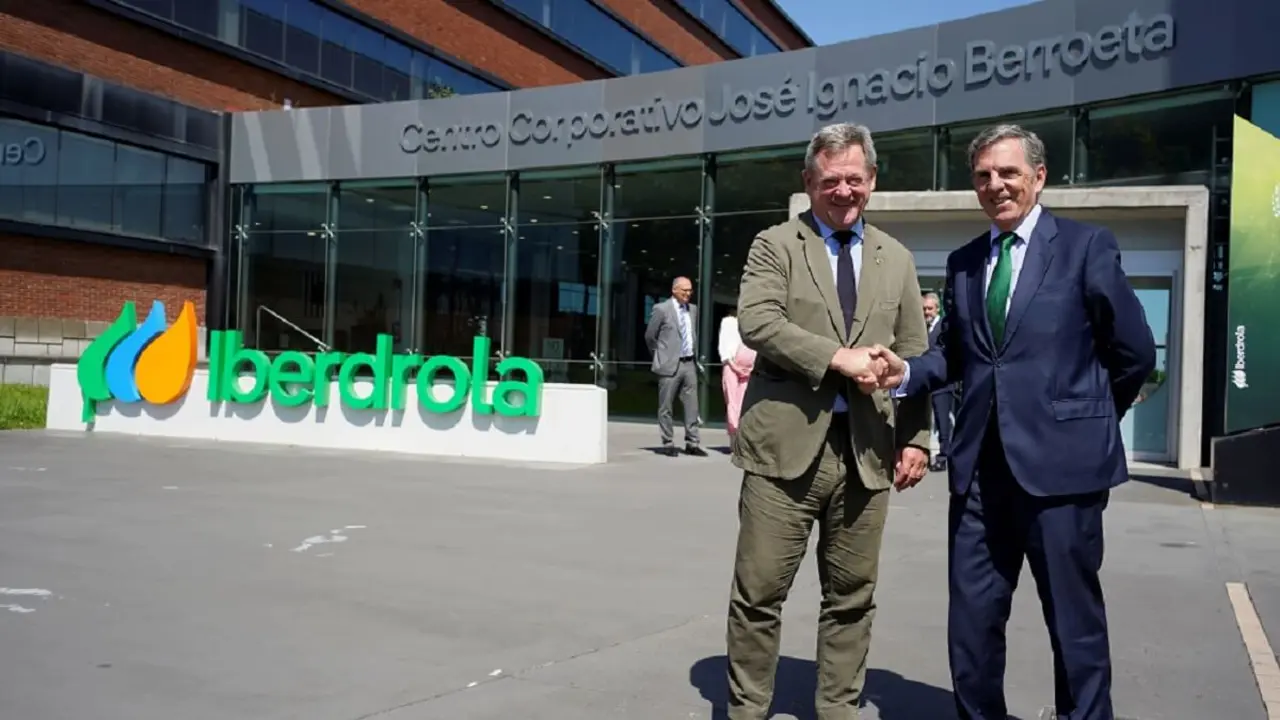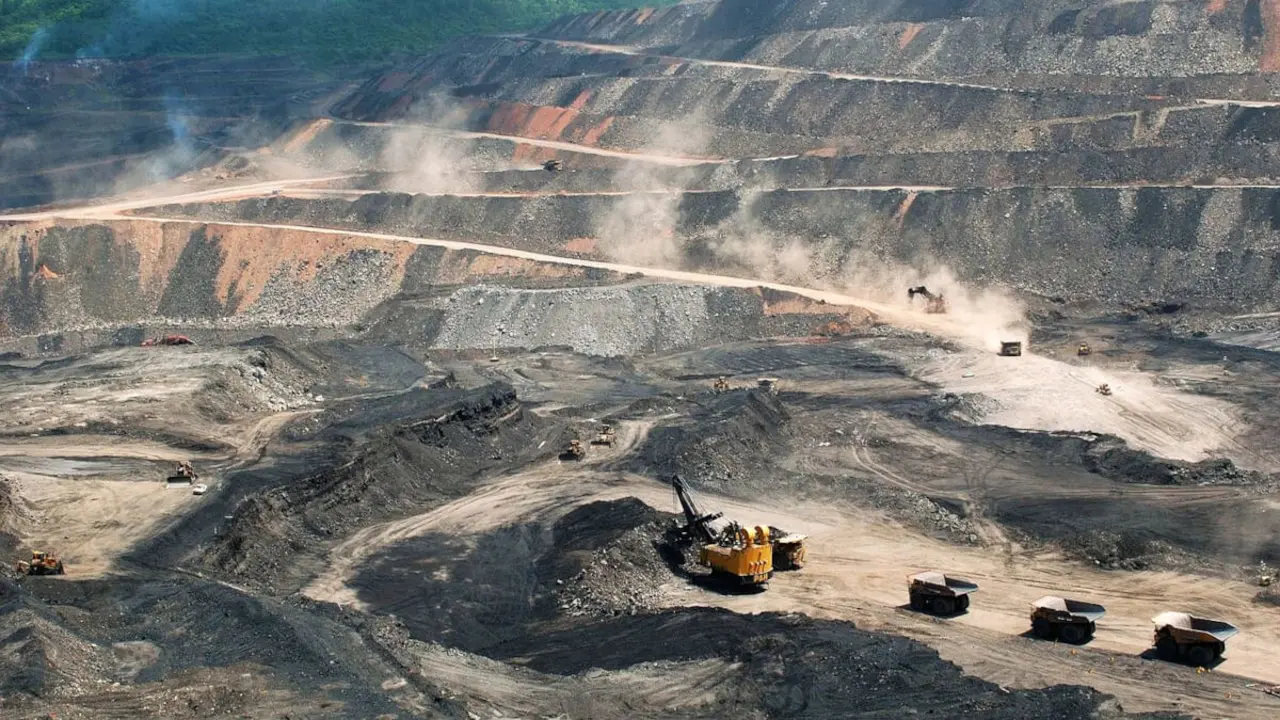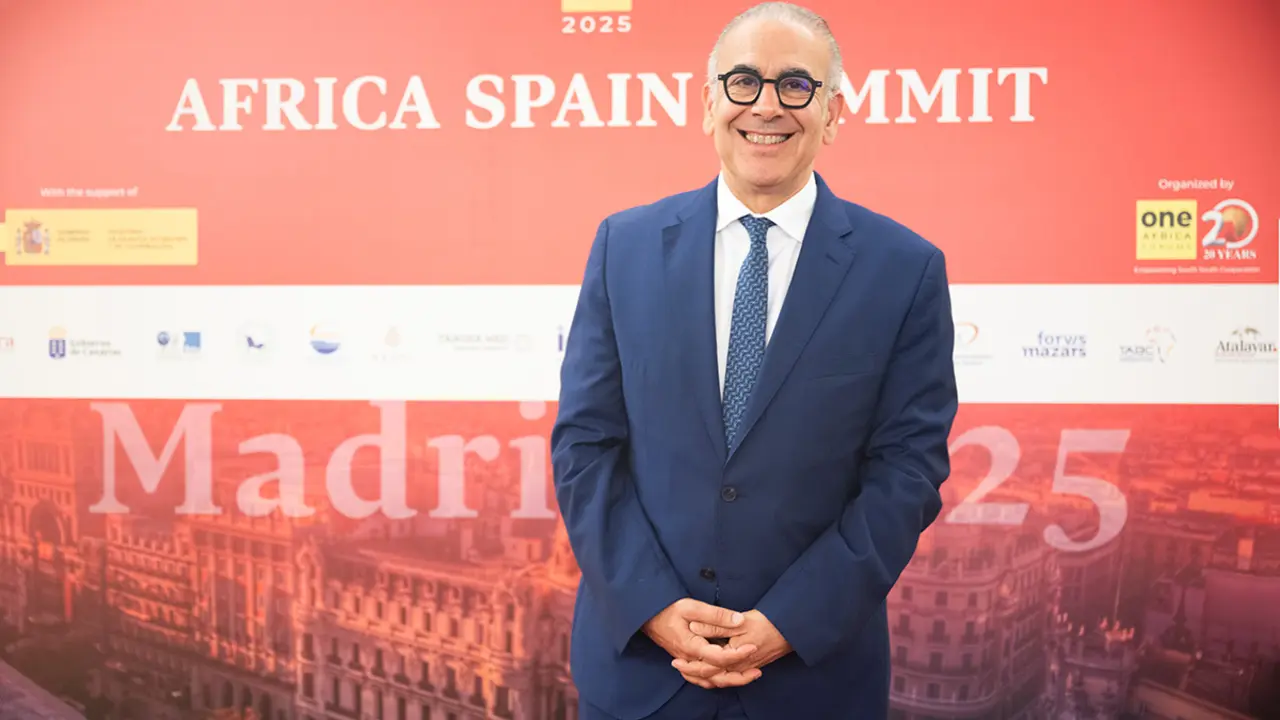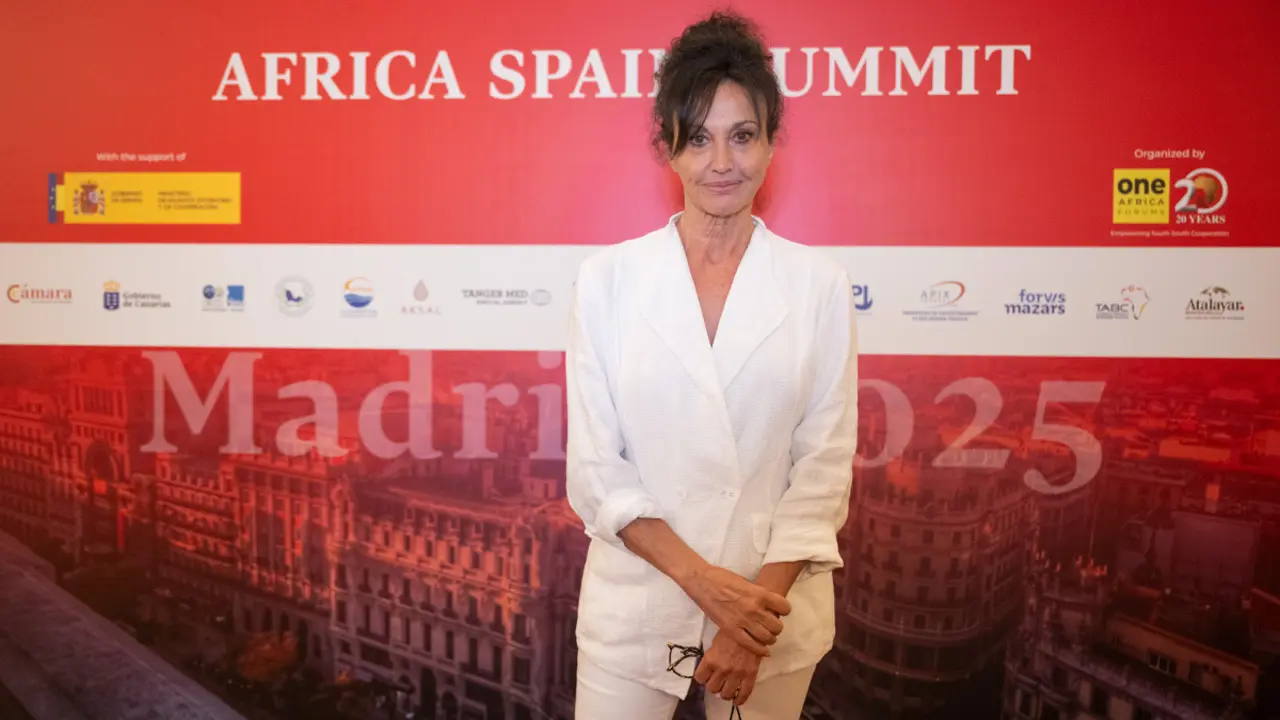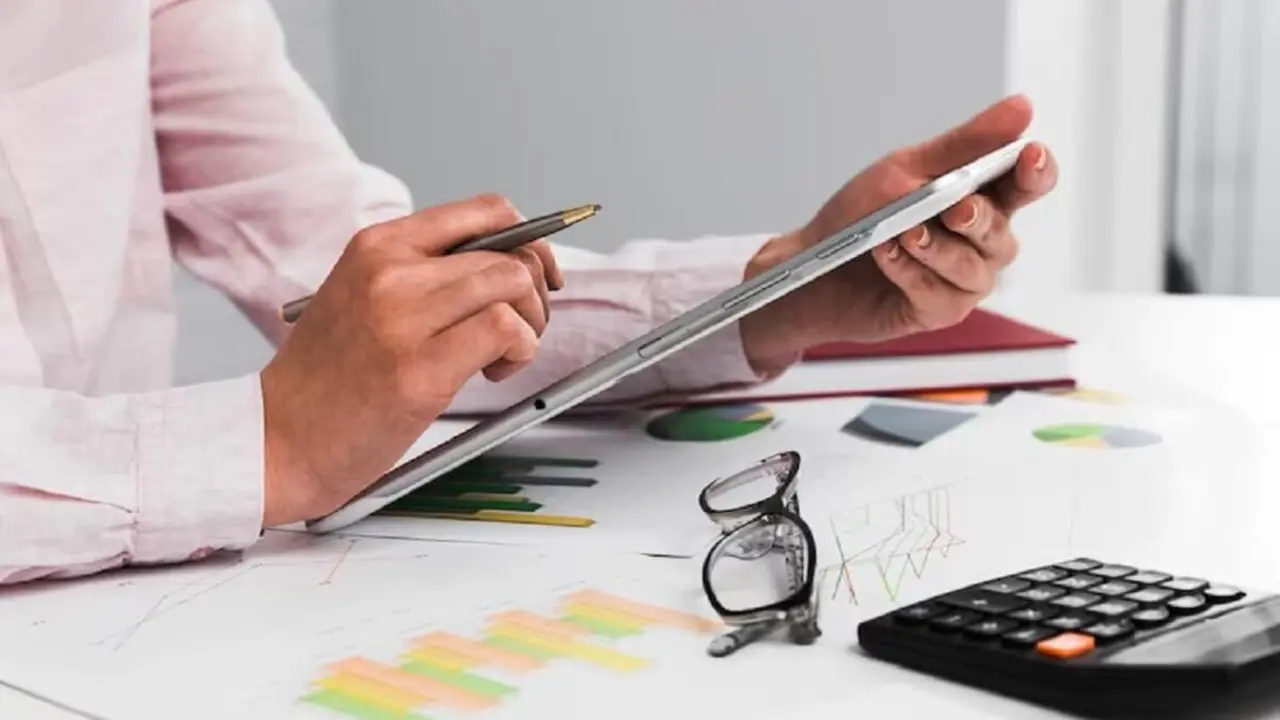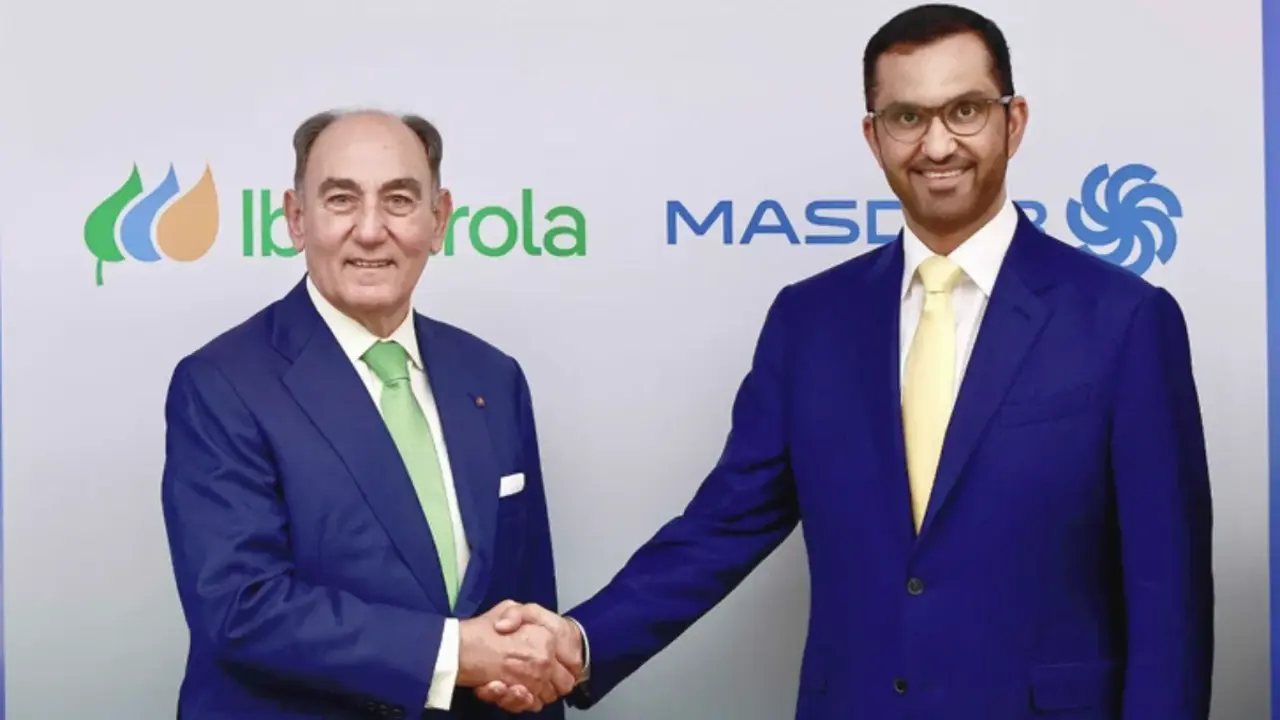Moroccan company Deep Leaf offers advanced technological solutions for the agricultural sector
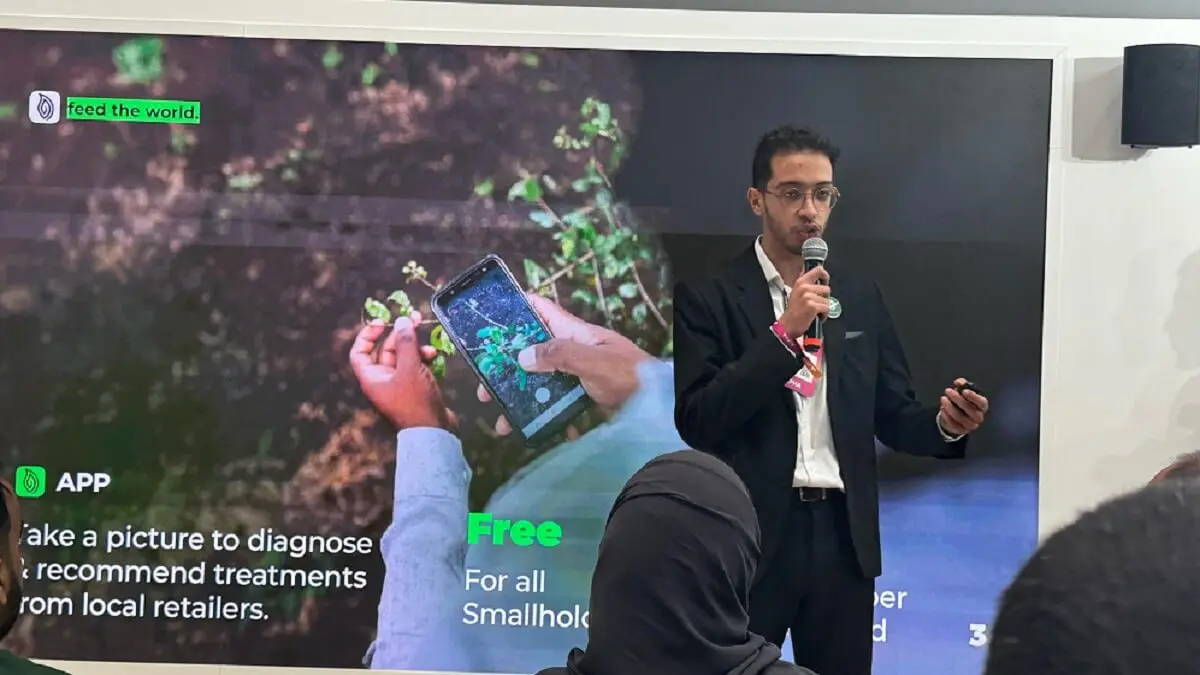
El Mahdi Aboulmanadel is a 25-year-old Moroccan entrepreneur, a senior computer engineer and the founder of Deep Leaf. His passion for technology and artificial intelligence led him to explore how these new technologies can revolutionise the agricultural sector and help farmers face ever-increasing challenges.
The start-up took first place in the GITEX Supernova Challenge among 200 emerging companies in Africa and is the first Moroccan company to win this prestigious award.
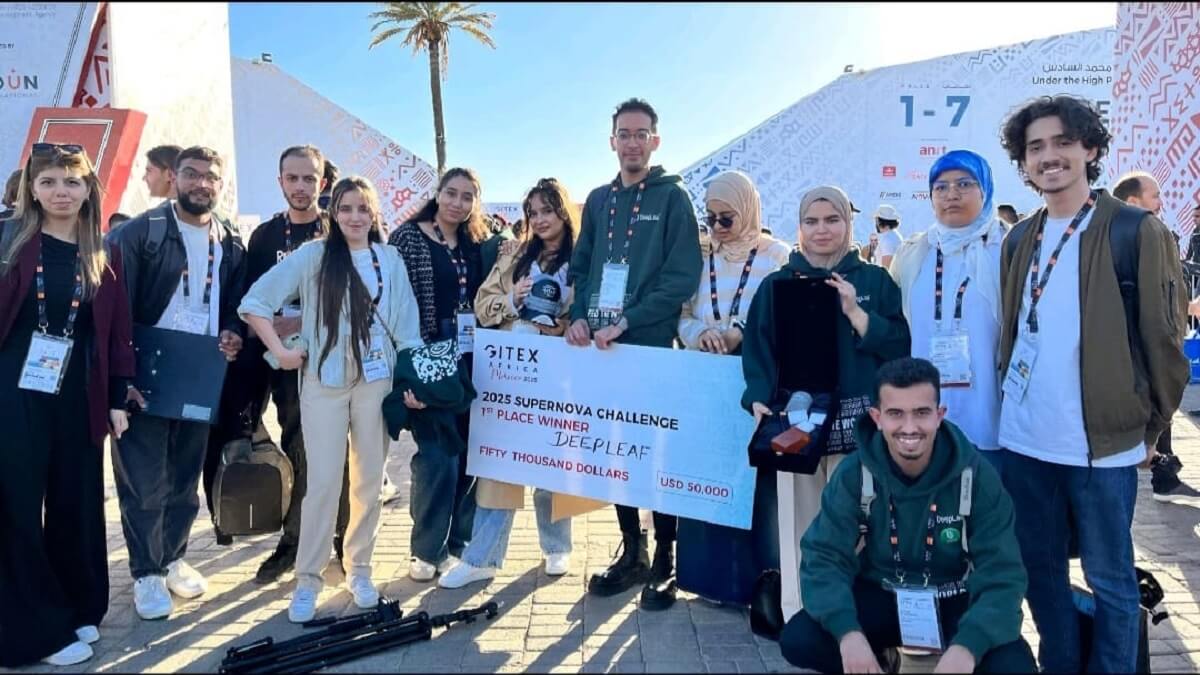
How and when did you come up with the idea for Deep Leaf?
When I was 14, I lost my only plant friend. It was a small plant that I cared for dearly, but I couldn't diagnose a disease in time, and it withered and died. This experience left a deep impression on me.
Years later, during a visit to an agricultural area, I saw the same problem, but on a much larger scale. I watched as farmers struggled to identify the diseases affecting their crops. They had to wait days or weeks to consult an expert. During this time, the disease spread and caused significant losses.
I realised that Artificial Intelligence and deep learning techniques could be used to develop a solution that would enable farmers to quickly and accurately diagnose plant diseases using a simple image from their smartphone. That personal experience, combined with the widespread problem I observed in the agricultural sector, was the spark that launched the idea for the startup Deep Leaf.
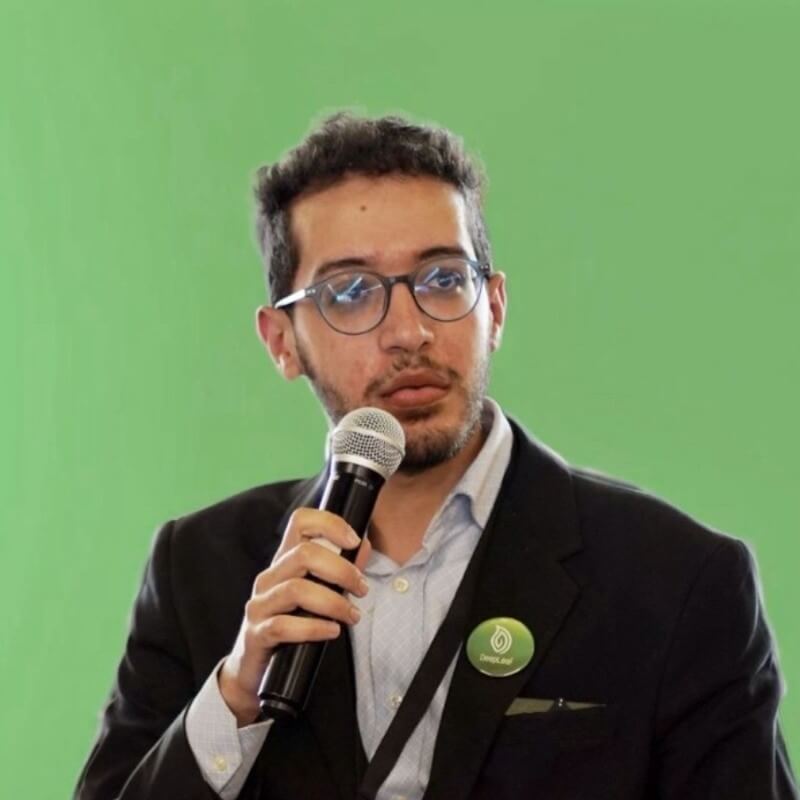
What obstacles did you encounter during the implementation of this project?
We faced several challenges during the development of Deep Leaf. On the one hand, it is necessary to acquire in-depth knowledge in the field of plant pathology (phytopathology), which is a highly specialised and complex field, and to bridge the gap between the worlds of technology and phytology. This required extensive collaboration with experts in the agricultural field.
On the other hand, it was necessary to create a huge database of plant disease images, taking into account the diversity of crops and diseases in Morocco.
In addition, AI algorithms had to be developed that were as accurate as possible to work in real conditions, with different lighting, different camera angles and overlapping symptoms between different diseases.
Added to this was the challenge of adapting the technology to the level of technical knowledge of farmers and areas with poor internet connectivity.
The final challenge was to convince stakeholders in the agricultural sector of the importance and effectiveness of the new technological solutions, which required demonstrating tangible results.
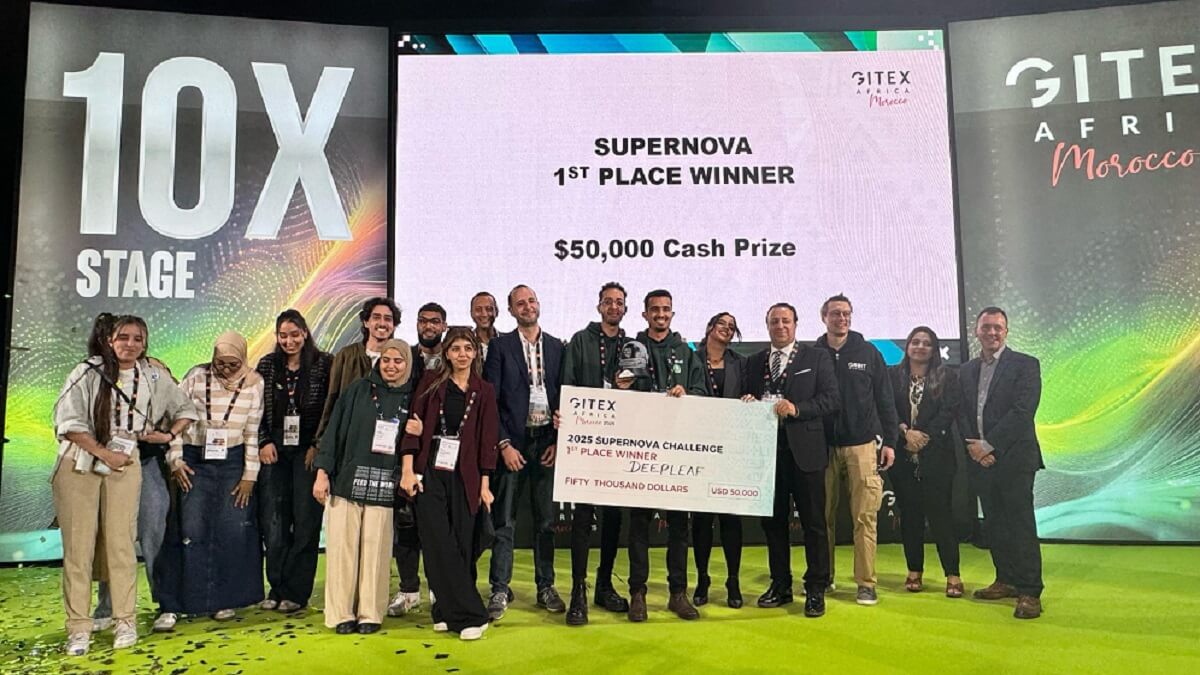
Where is your project today?
Deep Leaf is now a complete ecosystem of advanced technological solutions for the agricultural sector and a true technological revolution. It is 70% less expensive than traditional solutions, has a response time of just 1 millisecond and is 96% accurate.
Traditional visual monitoring means that problems are detected late, as 60% of the agricultural area is overlooked, and incorrect treatment recommendations lead to 30% overuse of pesticides. Our platform can diagnose more than 700 plant health problems in over 38 different crops. We have developed an easy-to-use smartphone app and a multilingual WhatsApp chatbot.
We have also developed an advanced drone video analysis solution that scans fields and analyses videos to detect diseases and suggest appropriate treatments, supported by illustrative images.
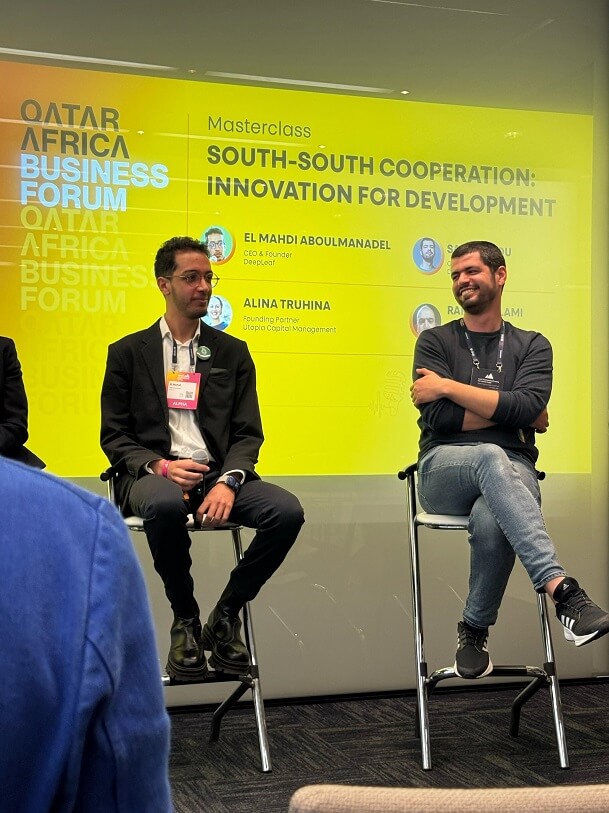
What are your ambitions for the future?
We want to expand globally, not just in Africa, focusing on regions with similar agricultural challenges and developing additional solutions covering more crops and diseases.
We believe we can contribute to reducing global food losses, estimated at £290 billion per year due to plant diseases, by making precision agriculture technologies available to all farmers, not just large operators.
What is your opinion on the degree of integration of modern technologies and artificial intelligence in the Moroccan agricultural sector?
I believe that Morocco is witnessing remarkable progress in the integration of modern technologies in the agricultural sector, particularly with initiatives such as the Green Morocco Plan and Green Generation. However, there is still a wide disparity in the adoption of these technologies between large-scale farms and smallholder farmers, given the challenges of climate change, water scarcity and growing food demand.
There are a number of obstacles that need to be overcome: the high cost of some new technologies, which puts them out of reach for smallholder farmers; the lack of training and technical knowledge among many of the actors in the sector; the infrastructure in some rural areas still needs to be developed to support digital solutions; and new policies and incentives are needed to encourage the adoption of innovative technologies.
At Deep Leaf, we strive to help overcome these challenges by developing affordable, easy-to-use technological solutions that are accessible even in areas with limited Internet connectivity.
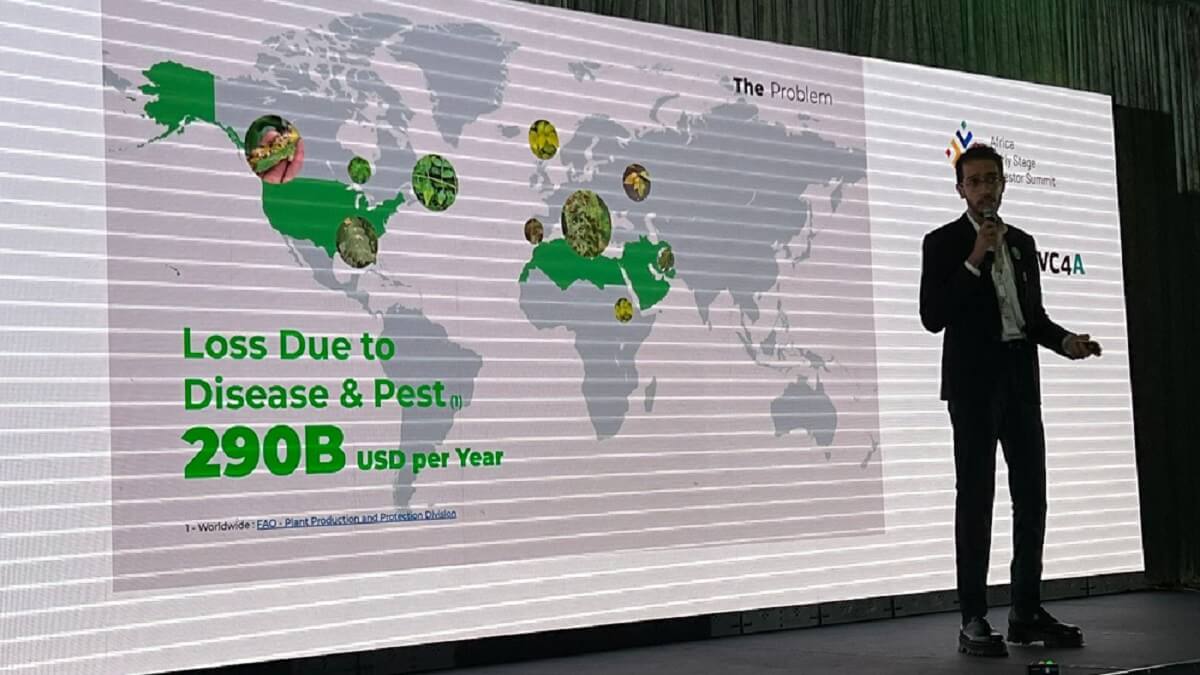
What can you tell us about the financing and internationalisation of your start-up?
In terms of funding, we secured initial support from incubators and accelerators, in addition to the $50,000 prize from GITEX Supernova. This funding helped us develop our product and expand our team.
We are now looking for investors who believe in our vision and understand the time it takes to develop deep technologies like ours.
In terms of internationalisation, we have already started our journey with our partnership with the Qatari government through Hassad Food Company, which uses our app. Our goal is to expand into different regions with agricultural challenges similar to those we see in Morocco, such as sub-Saharan Africa, with the ambition of covering the entire global market.
From your experience, what advice would you give to young Moroccans with innovative projects and ideas?
I would like to tell young Moroccans to believe in their ideas and abilities, and that Morocco today offers an advanced environment for start-ups and innovation that they should take advantage of. They should not be afraid of challenges and remember that every successful project starts with a simple idea that meets a real need, using technology and creativity. They should invest in developing their skills and expanding their network of contacts, and not hesitate to seek help and guidance from experts and pioneers who have gone before them. Morocco needs their innovation and bold ideas to meet the challenges of the future. I invite them to be part of this positive transformation.

